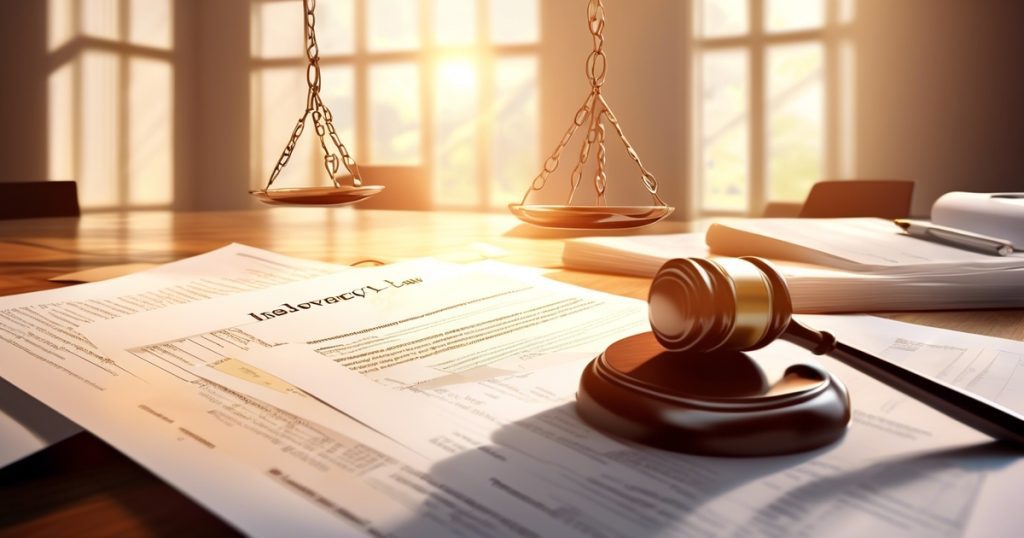Types of Insolvency
Curious about the different types of insolvency and how they may impact your financial situation? Dive into this insightful guide to uncover the nuances of insolvency, from liquidation to administration. Understanding these distinctions can be the key to navigating challenging financial times with clarity and confidence. Ready to demystify insolvency and empower yourself with knowledge? […]
Types of Insolvency Read More »





















